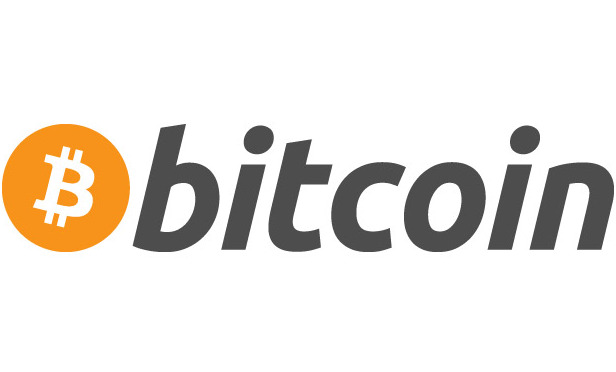Bitcoin is an open-source, peer-to-peer payment network and digital currency that has been around since 2009. It is the most well known of the cryptocurrencies, which include Litecoin, Namecoin and Peercoin. Commercial use of Bitcoin is small compared to its use by investors and speculators, which has resulted in value spikes. Bitcoin is also used to pay for products and services, because transaction fees are lower than the 2 to 3 percent charged by credit card companies.
What happens when a speculator cashes out or payment is made by appreciated Bitcoin? Of course the Internal Revenue Service wants its fair share, but what is that? There is presently no U.S. law or regulation regarding this. Senate hearings are underway. Several European countries have determined that since Bitcoin is not legal currency, taxable events from use or sale are treated as capital gains. Where is this issue going here in the United States?
This content has been archived. It is available through our partners, LexisNexis® and Bloomberg Law.
To view this content, please continue to their sites.
Not a Lexis Subscriber?
Subscribe Now
Not a Bloomberg Law Subscriber?
Subscribe Now
LexisNexis® and Bloomberg Law are third party online distributors of the broad collection of current and archived versions of ALM's legal news publications. LexisNexis® and Bloomberg Law customers are able to access and use ALM's content, including content from the National Law Journal, The American Lawyer, Legaltech News, The New York Law Journal, and Corporate Counsel, as well as other sources of legal information.
For questions call 1-877-256-2472 or contact us at [email protected]



